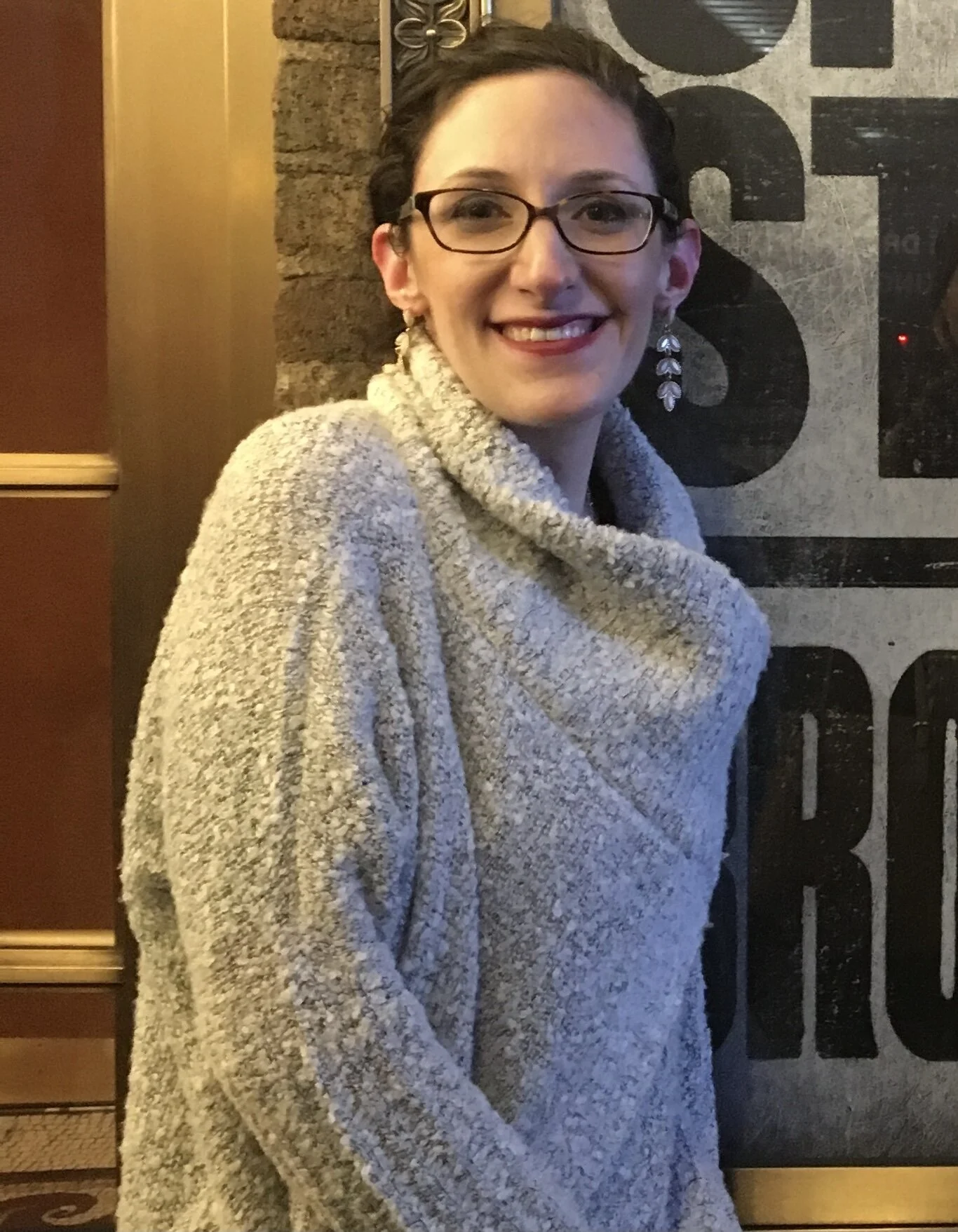130: SLPs Partnering with Overseas Organizations with Amanda Hitchins, MS, CCC-SLP
Everyone who works in a healthcare field is motivated and inspired by the idea of helping others, and many of us are also interested in helping folks outside of our borders and outside of our cultures. But it can be challenging to identify what “helping” really means. Are you really helping, or does it just FEEL like you’re helping? After a decade of work with a rehabilitation center and special needs school in Eastern Congo, this talk will review questions that ethical SLP’s need to ask ourselves before getting involved in international practice in “developing” or “majority world” countries.
Topics covered:
What is “White Saviorism”/”voluntourism”?
Methods and pitfalls for identifying DOING good vs. doing things that make us feel good with examples.
10 questions to ask yourself before getting involved with organizations overseas.
Successes and failures in “doing good”, specific to the CERBC in the Democratic Republic of Congo.
the Discussion Guide
Download your free Discussion Guide to unpack the information covered in the episode at a deeper level. The Discussion Guide can be used in a group setting or on your own.
Resources
Centre d'Education et de Réadaptation à Base communautaire (CERBC)
amanda’s 10 questions:
1. Does the organization refer to or advertise opportunities as "voluntourism” or “mission trips”?
2. Is the organization's CEO/director/lead decision maker a resident and/or native of the country you'd be going to? If not, do they have a local board of advisors? And does the director live there full time?
3. Is the model of the organization to take “spring break” trips, two weeks or less, with quick turnaround/high quantity of volunteers?
4. If so, ask yourself realistically if you can build a trusting and beneficial relationship/therapeutic rapport with clients here in that amount of time.
5. Put yourself in the position of a parent - how would you feel if your child needed services and his/her therapist had minimal experience and was replaced every 10-14 days? Would this be an acceptable practice here in the US?
6. Does the organizations' model involve placing students in the home of local families? If so, how much and how often are they compensated? Ask how you can receive proof the families have been sufficiently compensated.
7. If travel were banned to this country next month, would the service population have any benefit from the organization having been there? Are they training and/or employing folks within the community, or is every aspect of the organization dependent on foreign volunteers?
8. Does the organization prioritize patient rights and privacy? Do they require signed consent to treat and consent to photograph forms to be presented in the patient/parents language and signed? How do they make sure children are not being photographed or videotaped by volunteers without parent consent? Consider power dynamics when asking members of vulnerable populations to sign forms.
9. How do they respond to the question "what are your goals for this communities' sustainability and autonomy?"
10. Ask for emails of previous volunteers who are now experienced practicing clinicians. Ask them to reflect honestly on whether this opportunity was more beneficial for the volunteers or for the clients and why. Ask how patient progress is measured and monitored, is bilingual therapy delivered within the ASHA guidelines? Ask any question you'd ask before you took a CF position here in the US. Are their responses or testimonials focused on the experience and point of view of the volunteer, or of the patient/service population?
Thanks for these great resources, Amanda!
Amanda Hitchins is an SLP at Northeast Rehab Hospital outpatient pediatrics in Methuen Massachusetts, and the US Program Coordinator/Instructor for the CERBC in the Ituri province of the Democratic Republic of Congo where she has been traveling and working remotely since 2012. after graduating from the MGH Institute of Health Professions in Boston.
REVIEW the podcast
You’ll earn my undying gratitude by leaving a review on Apple Podcasts! Reviews help other SLPs find the podcast. Also, I love reading your feedback! Just click here to review, select “Ratings and Reviews” and “Write a Review,” and let me know your favorite part of the podcast. Malaho plenty!













